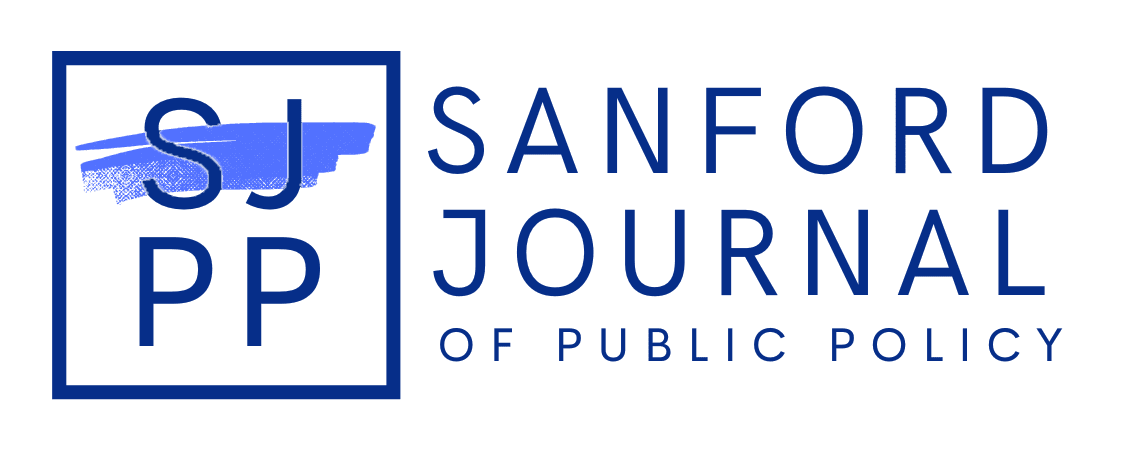“A house divided against itself cannot stand.” How ironic that American Jewry must hear this advice from a different religion. Jews in America are divided – and while we stand apart, we cannot retain our character as a Jewish people.
Jews of all stripes are up in arms in the wake of the now-infamous Pew survey of American Jewry. Much has been made of our apparent decline in faith-based identity, the rising tide of intermarriage, and the frightening conclusion drawn by Pew researchers that Jerry Seinfeld may be more important to most Jews than G-d.
So far, nearly every response to the pervasive fear of Judaism’s demise has been something I’ve heard before: blame. The Conservative movement has no true definition, so its constituents leave. Reform Jews have no identity. Orthodoxy is too rigid and isolationist. Name your group and they’ve contributed to our downfall.
Enough pointing fingers. Enough hand-wringing. Judaism is indeed in crisis in America. So what are we going to do about it?
If we want to rebuild our community, sustain our faith, support our institutions, then we need a cross-denominational moment of introspection. When was the last time we saw denominations interact with one another outside of a college campus? How many Reform Jews can describe what it really means to be Orthodox? How many Orthodox Jews know how the Conservative Movement makes its legal decisions, and how many Conservative Jews can explain Reform theology? These movements rarely care to teach their constituents about other traditions – and when they do, it is most often at the expense of the other.
Would it really be so radical to try learning about one another?
Lay leaders: introduce joint conventions between youth movements. If one denomination does something differently from another, then let the youth themselves explain what they do and why. Give kids an opportunity to understand one another on a relatable level.
Require Jewish education to include speakers and representatives from different movements. Allow them to speak in our classrooms. Introduce joint Tikkun Olam projects – every movement emphasizes social justice, and they can teach one another about their motivations and practices.
Perhaps most importantly, sit together. Eat together, and do so during holidays and celebrations. Talk, and nurture empathy and understanding. The answer to our people’s future is in the ability to recognize value in diversity of opinion, even when those opinions run contrary to one another.
What does this idea demand of us? It requires that we accept one another for who we choose to be in the context of our faith. It forces us to recognize that by exposing our children to other aspects of our modern culture, their lives are apt to change in the direction of their choosing. Yes, some Reform children may become Orthodox, some Reconstructionist children may become Conservative. But the point is not the outcome of their decision – rather, it is the act of choosing that impresses identity upon the next generation.
It will be painful, and it will be difficult to accept. But if we’re serious about saving our future, then it’s time we thought about the nature of Jewish identity in a new light: where denominations should be boundaries only in the sense of self-definition, and never in a social context. It is time for our institutions to stop separating us.
Michael Landes is a graduate of the List College Joint Program between the Jewish Theological Seminary and Columbia University. He is currently studying for his Master’s in Public Policy from the Sanford School at Duke University. He is expected to complete his studies in May of 2014.

